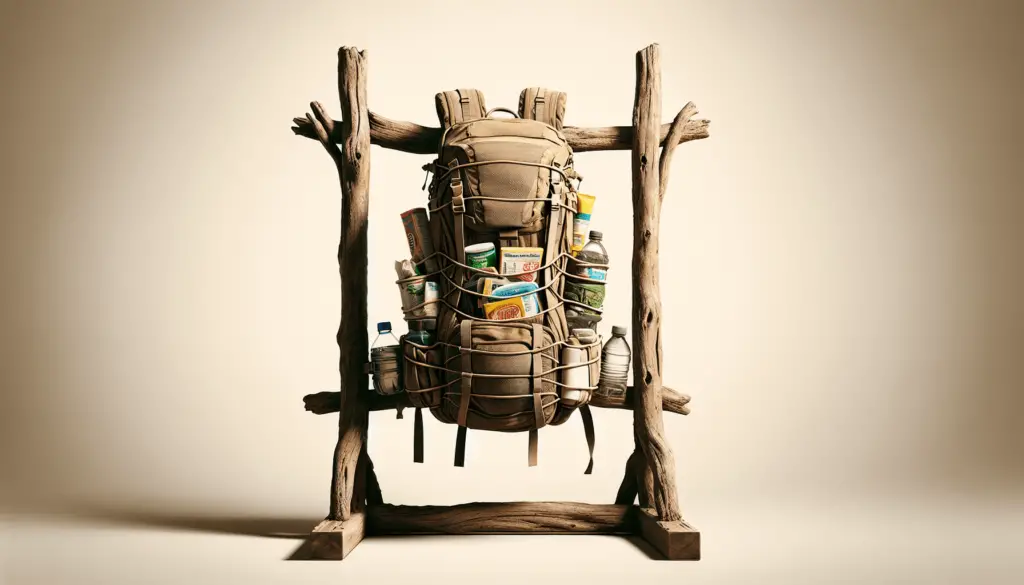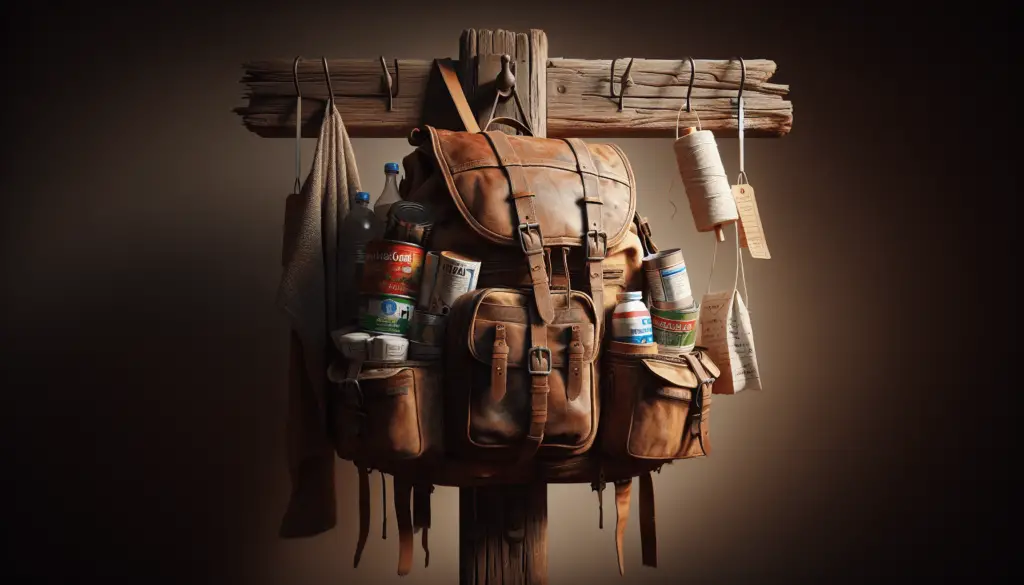The Ethics Of Prepping: Balancing Survival With Humanity
Have you ever wondered about the ethical implications of prepping for survival? It’s important to consider how our actions in preparing for emergencies can impact not only ourselves but also the community around us. In this article, we will explore the complexities of prepping and how to balance the desire to survive with our responsibilities to others.
What is Prepping?
Prepping, short for preparedness, is the act of making plans and taking actions to be ready for emergencies like natural disasters, economic downturns, or societal collapse. Preppers stock up on food, water, supplies, and learn skills like first aid and self-defense to ensure their survival in difficult situations.
When you engage in prepping, you are essentially taking control of your own safety and well-being instead of relying solely on external help. This self-reliant mindset is at the core of prepping ethics.
It’s like being your own first responder
Think of prepping as being your own first responder. By preparing for emergencies in advance, you are equipped to handle situations that may arise without having to depend on outside assistance. This can be empowering and give you a sense of security in uncertain times.
The Ethics of Prepping
While prepping can provide a sense of security and self-reliance, it also comes with ethical considerations. How far should one go in preparing for emergencies? At what point does prepping become hoarding or selfishness? These questions are at the heart of the ethics of prepping.
Balancing self-preservation with community support
One of the key ethical dilemmas in prepping is how to balance your own survival instincts with your responsibilities to others. While it’s important to ensure your own safety and well-being, it’s also crucial to consider the needs of your community. Hoarding supplies or resources that could benefit others in times of crisis is not ethical prepping.
Considering the greater good
Ethical prepping involves considering the greater good of your community and society as a whole. While it’s natural to want to protect yourself and your loved ones, it’s also important to think about how your actions could impact others. By practicing ethical prepping, you can contribute to the overall well-being of your community.

The Psychology of Prepping
To understand the ethics of prepping, it’s important to delve into the psychology behind why people engage in preparedness activities. Prepping is often driven by fear, uncertainty, and a desire for control in the face of unpredictable events.
Fear and uncertainty drive prepping behaviors
The fear of the unknown and uncertainty about the future are common reasons why people turn to prepping. By planning and preparing for emergencies, individuals can alleviate some of their anxiety and feel more in control of their circumstances.
The illusion of control
Prepping can create a sense of false security and control in the face of unpredictable events. While it’s important to be prepared for emergencies, it’s also crucial to recognize that not everything can be planned for or controlled. Acknowledging the limits of preparedness is essential in maintaining ethical prepping practices.
Ethical Guidelines for Prepping
To ensure that your prepping activities are ethical and considerate of others, it’s important to follow some guidelines. By adhering to moral principles and values, you can engage in prepping in a way that benefits both yourself and your community.
Share resources with those in need
One of the key ethical principles of prepping is to share resources with those in need. If you have a surplus of supplies, consider donating them to local charities or organizations that support vulnerable populations. By practicing generosity, you can help build a stronger and more resilient community.
Avoid hoarding resources
Hoarding supplies or resources during emergencies is not ethical prepping. It’s important to stock up on what you need to ensure your own survival, but not at the expense of others. Be mindful of how much you are storing and consider the needs of others in your community.

The Social Impact of Prepping
Prepping not only has personal and ethical implications but also social impacts on communities and society as a whole. Understanding how prepping can affect social dynamics is crucial in maintaining a harmonious and supportive environment.
Building community resilience
Prepping can contribute to building community resilience by fostering a sense of unity and cooperation among individuals. By working together to prepare for emergencies, communities can become more resilient and better equipped to handle crises as they arise.
Strengthening social connections
Engaging in prepping activities can also strengthen social connections and relationships within communities. By sharing knowledge, skills, and resources with others, preppers can create a network of support that benefits everyone involved.
Conclusion
In conclusion, the ethics of prepping are complex and multifaceted, requiring individuals to balance their own survival instincts with their responsibilities to others. By approaching prepping with a mindset of ethical consideration and community support, individuals can engage in preparedness activities that benefit both themselves and those around them. Remember, ethical prepping is not just about surviving, but about upholding moral values and principles that contribute to a stronger and more resilient society.
